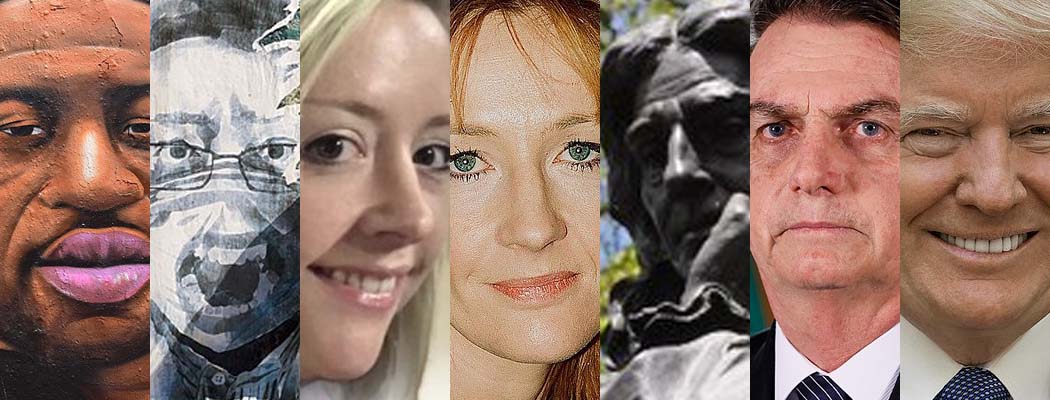Index on Censorship announces Ruth Smeeth as new chief executive
Index on Censorship has today (Monday 15th June) announced the appointment of Ruth Smeeth as the organisation’s new chief executive.
Ruth Smeeth was the MP for Stoke-on-Trent-North from 2015 to 2019, and prior to that was deputy director at HOPE not hate.
Ruth Smeeth, chief executive, Index on Censorship, said:
“I’m excited to be joining Index on Censorship at a time when the organisation’s work to protect free speech is more important than ever.
“As governments and citizens seek to navigate increasingly complex and intimidating global issues – from Covid-19 to systemic racism – we’ve seen just how easily our fundamental right to freedom of expression can be threatened.
“From the arrests of journalists covering Black Lives Matter protests in America to the silencing of medics in China who sought to inform the world about the effects of Covid-19, it’s clear that the fight to enshrine and protect the right to free speech across the world has not yet been won.
“And this is not just an issue to be tackled abroad. Here in the UK, we’ve seen increasing threats to journalistic freedom as individuals are hounded and attacked simply for doing their jobs.
“Too often, free speech is portrayed as a fringe or foreign issue. Nothing could be further from the truth. Freedom of expression should be a mainstream concern, and it is time for a proper debate and discussion about its importance – and its limitations – in a rapidly changing world.
“Index on Censorship is uniquely placed to lead this discussion, alongside the campaign to protect freedom of expression here in the UK and abroad. I look forward to working with stakeholders and supporters to do just that”.
Trevor Phillips, chair, Index on Censorship, said:
“Ruth brings a wealth of relevant knowledge, experience and above all, courage to the organisation at a pivotal moment for Index on Censorship. Her independence of mind and non-partisan approach to freedom of expression is exactly what is needed at a time when the voices of people from all backgrounds need to be heard – not least those from minorities.
“Ruth’s experience, both as an MP and as a campaigner against fascism and racism, will enable her to champion our cause as we seek to tackle ever more frequent challenges to freedom of expression both across the globe and in every medium”.
Kate Maltby, deputy chair, Index on Censorship, said:
“I could not be more delighted to welcome Ruth as our new chief executive at Index on Censorship. Ruth has a proven record as a campaigner, unwavering in her principles and exceptional in her ability to build cross-partisan coalitions that make substantive change.
“Index on Censorship was founded in 1972, and in its first decades provided lifelines to dissidents as they endured harassment in Soviet regimes. As Index approaches its fiftieth birthday, it can sometimes seem that both progressive and conservative forces forget the lessons of those years.
“With Ruth at the helm, I am confident that Index on Censorship will play a central role in rebuilding an open, civic and intellectually diverse public sphere. Freedom of expression needs tough defenders, and in Ruth we have one.”
Media enquiries: Luke Holland, 07447 008098, [email protected].

